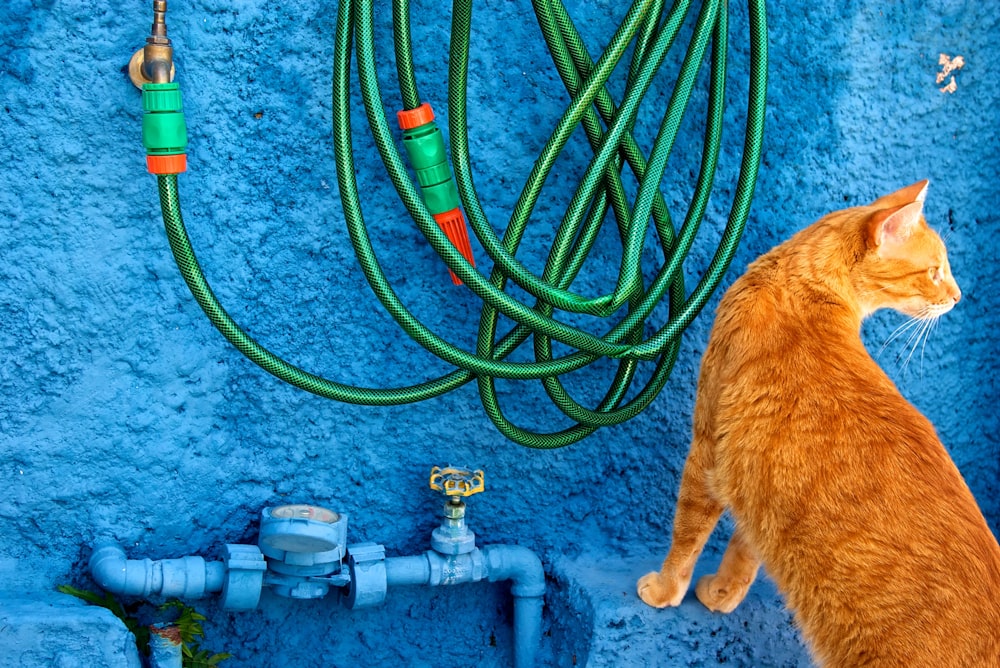Understanding Sink Plumbing: A Comprehensive Guide
Introduction:
Sink plumbing is a vital aspect of any home’s plumbing system, responsible for the flow of water in and out of sinks. In this comprehensive guide, we’ll explore the key components of sink plumbing, common problems, maintenance tips, and more.
Sink Plumbing Components:
The sink plumbing system consists of several essential components, including pipes, traps, faucets, and drains. Pipes carry water to and from the sink, while traps prevent sewer gases from entering the home. Faucets control the flow of water, and drains remove wastewater.
Types of Sink Plumbing Systems:
There are different types of sink plumbing systems, including single-bowl sinks, double-bowl sinks, and utility sinks. Each type has its own configuration and requirements for installation and maintenance.
Common Sink Plumbing Problems:
Sink plumbing can experience various issues over time, such as clogs, leaks, and dripping faucets. Clogs often occur due to debris buildup in drains, while leaks can result from worn-out seals or damaged pipes. Dripping faucets are usually caused by worn-out washers or O-rings.
Sink Plumbing Maintenance Tips:
Regular maintenance is crucial for keeping sink plumbing in good condition. Simple tasks like cleaning drains, checking for leaks, and replacing worn-out parts can prevent major problems and costly repairs. Using drain strainers can also help prevent clogs.
DIY Sink Plumbing Repair:
Many minor sink plumbing repairs can be done DIY, saving homeowners time and money. Repairing a dripping faucet, clearing a clogged drain, or replacing a worn-out washer are examples of DIY tasks that can improve sink plumbing functionality.
Professional Sink Plumbing Services:
For complex or extensive sink plumbing issues, it’s best to seek professional plumbing services. Experienced plumbers have the expertise and tools to diagnose and repair problems efficiently, ensuring long-lasting solutions.
Upgrading Sink Plumbing:
Homeowners may consider upgrading their sink plumbing for improved functionality and efficiency. Upgrades like installing a garbage disposal unit, upgrading to a touchless faucet, or replacing old pipes with newer, more durable materials can enhance the overall sink plumbing system.
Sink Plumbing Safety Tips:
Safety is paramount when dealing with sink plumbing tasks. Always turn off water supply valves before working on sink plumbing, use proper tools and protective gear, and follow manufacturer instructions for any repairs or installations.
Sustainable Sink Plumbing Practices:
Incorporating sustainable practices into sink plumbing can benefit both the environment and homeowners. Installing water-saving faucets, using eco-friendly cleaning products, and repairing leaks promptly are examples of sustainable sink plumbing practices.
Conclusion:
Sink plumbing is an essential part of any home’s infrastructure, requiring regular maintenance, occasional repairs, and sometimes upgrades to ensure optimal functionality and efficiency. By understanding the components, common problems, maintenance tips, and safety practices associated with sink plumbing, homeowners can effectively manage their plumbing systems and avoid costly issues in the long run. Read more about sink plumbing

